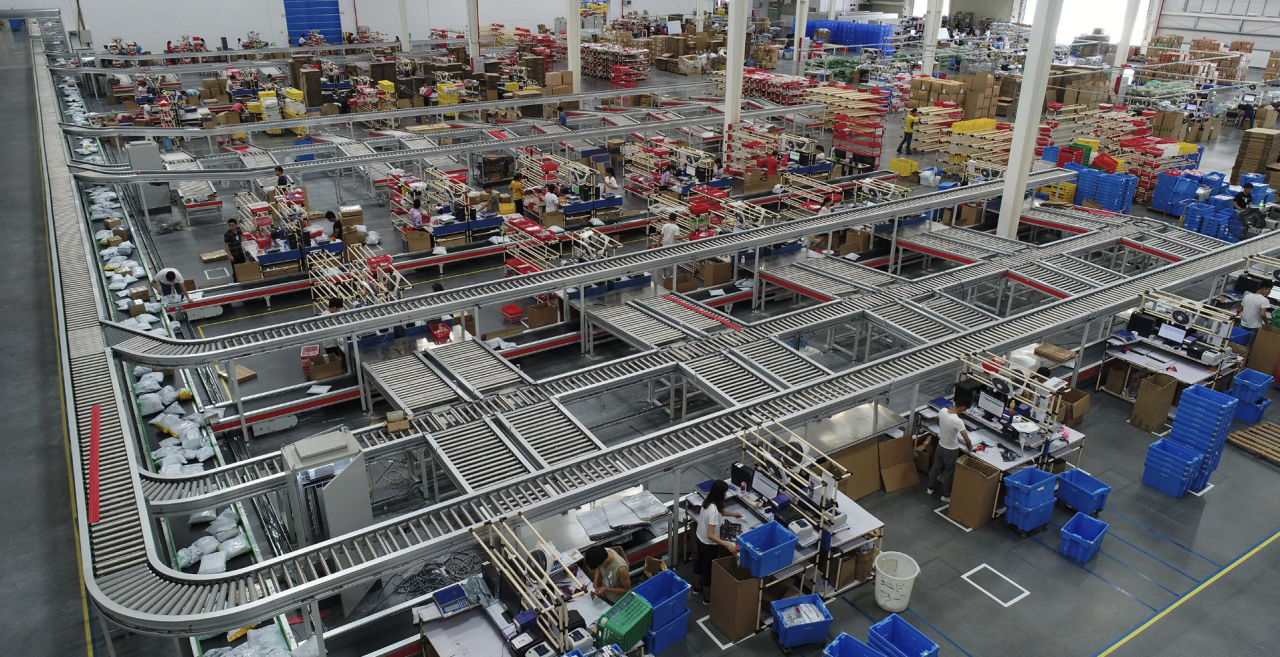What happened
Chinese fast fashion brand Shein last week announced that it’s localizing its manufacturing in Latin America by creating a hub in Brazil. The e-commerce giant said it would invest 148.9 million in building a new network with manufacturers in the South American country.
Over the next three years Shein anticipates its partnerships with 2,000 manufacturers will create 100,000 new jobs in Latin America. The company aims to source 85 percent of the products it sells in the region locally, according to Reuters.
As of January, 2023, Shein’s marketplace connected a reported 6,000 clothing factories in China.
The Jing Take
Shein’s localization strategy could spell trouble for the thousands of factories in China that make the products it sells.
The subject of several backlashes over recent years, amid a laundry list of claims ranging from unsustainable mass manufacturing, to unethical business practices — including IP infringement, and allegations of labor rights violations — the Chinese e-tailer is pivoting part of its manufacturing base to Brazil as part of its expansion strategy.
Against the backdrop of geopolitical tensions between China and the US escalating, the brand will ship raw materials to locations such as Brazil for manufacturing in a bid to “diversify” its supply chain, according to a report by The South China Morning Post. Tit-for-tat trade restrictions on products made in China and the US and other Western countries have increased supply chain risks.
Earlier this month, the fast fashion chain was also cited as posing a data risk, and for sourcing violations and copyright infringement, by an American government agency, the US-China Economic and Security Review Commission, according to reports.
Among the concerns raised, the Singapore-headquartered brand has come under fire for its alleged unsustainable manufacturing practices. Last year, Shein launched Shein Exchange — a peer-to-peer resale platform for consumers to sell second-hand Shein clothing and products. The ecommerce brand also pledged to donate 15 million towards Kantamanto, the world’s largest second-hand clothing market located in Ghana — a facility where many of the world’s fast fashion and mass-manufactured clothing and items have ended up. However, such efforts have not silenced continuing criticism, which includes claims of “greenwashing” against Shein.
Meanwhile in Brazil, the local government may introduce a new “digital tax” for major e-commerce players like Shein, AliExpress and Shopee to better protect local business from “unfair competition.”
Notably, Shein’s manufacturing move to Brazil takes place at a time of sluggish economic growth in China. Some insiders say the fashion e-tailer’s move shadows that of American e-commerce giant Amazon.
The Jing Take reports on a piece of the leading news and presents our editorial team’s analysis of the key implications for the luxury industry. In the recurring column, we analyze everything from product drops and mergers to heated debate sprouting on Chinese social media.


